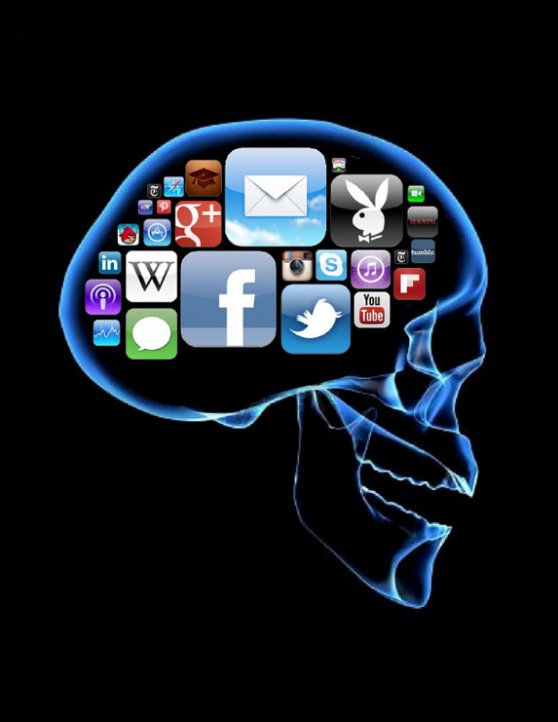
Last spring we launched Transcribe Live in the Lab, a kind of organizational experiment we were conducting on ourselves. Every Friday, we gathered a group together, both in person and virtually, and we had a conversation about something interesting or important to the assembled group (and hopefully germane to our core practice of applied collaboration). Our initial charter was simple: bring people together on a regular basis, and give ourselves the time and space to talk and think about stuff. And then, perhaps most importantly, capture what comes out of these gatherings and share it.
What we’ve found is that Transcribe is a luxury that takes discipline. And we are pleased to be continuing this experiment in 2013 with our first Transcribe of the New Year.
In our first meeting, we surveyed a range of topics that included the benefits of taking a break, the correlation between declining violence rates and environmental lead levels, and the recent measurements of some cosmic ray particles that may indicate that we are really living in a computer simulation, to name a few. While these all seemed good Transcribe fodder, we finally settled on an exploration of our current relationship to technology. More specifically, we addressed the ubiquity of computers and our connectivity, and how that may or may not be affecting how we (and all subsequent generations) think, how our brains develop, how our communities evolve, and how we interact with those communities.
While some of our conversation certainly veered toward the “Is Google Making Us Stupid?” question, as famously posed by Nicholas Carr in a 2008 article in The Atlantic, we found that, at least with our collective, the conversation had advanced.
Where Carr focused on the affect of the internet on concentration and the ability and desire to read long, involved books and articles, we recognized that things have moved well beyond that question. What affect will the ubiquity of mobile devices and always-on connectivity have on developing brains? What brain functions will go untrained and unused because we all have computers in our pockets? The truth is, nobody yet knows.
But it’s interesting to note that in 2012, the same year that my sixth-grade nephew’s school launched a pilot program in which they gave all sixth graders iPads and integrated them and the internet into their entire curriculum, Forrester published research that showed a decline in internet usage for the first time since 1997, when Forrester first started asking questions about internet usage. How is that possible?
One analysis is that people “no longer consider some of the online activities they perform to be activities related to ‘using the Internet.’” (Forrester) Our connectivity is becoming invisible to us.
Through the course of our Transcribe session, we came back again and again to what is currently an unanswerable question: What might we be losing as a result of all of this advancement? Is it okay that nobody has to remember phone numbers anymore? Will something atrophy in our grey matter, or will that just free up capacity for higher order processes, executive functioning, cooler stuff?
What do you think?






